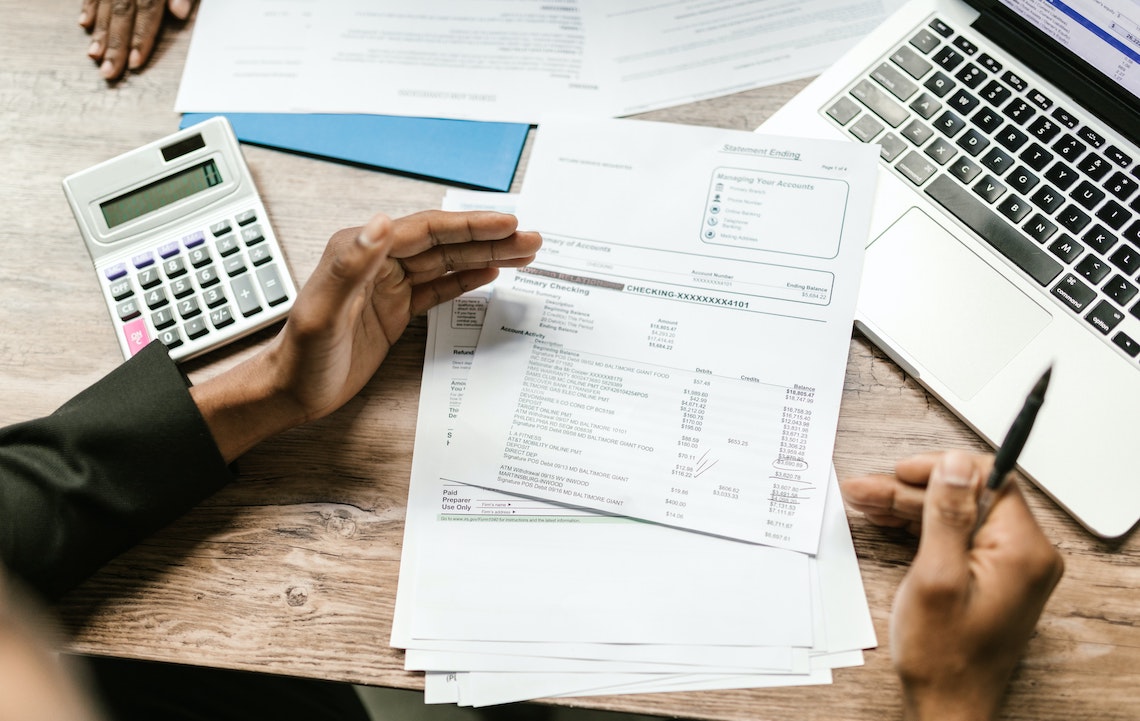Accounts payable is a term that we must understand in order to be effective procurement professionals, and that all executive team members must understand in order to successfully run a business. In simple terms, accounts payable is a record of what the company owes in terms of payments owed to others, such as suppliers and service providers.
Accounts payable has a credit line that matches the balance owed, similar to a credit card. Money is spent under the agreement that the money will be paid back in full. This means that the total accounts payable liabilities should equal total amount of credit and the accounts payable and the balance sheets should be the same.
Accounts Payable Must-Haves
Unless you’re an accountant, you likely aren’t familiar with the most commonly used accounts payable terms. Fortunately for you, we have listed and defined them below.
- Vendor Name: The person or company to whom you owe money.
- Account Number: The company’s billing account.
- Invoice Number: Identifying number associated with the prepared invoice – very important.
- Expense Type: Category of expense (i.e. technology, office supply, marketing, etc.)
- Invoice Receipt Date: The date that you received the goods/service.
- Payment Deadline: The last day to pay before late consequences may occur.
- Status: Statement regarding whether the invoice has been paid, is pending, is late, or is in the process of being reviewed.
Accounts Payable Made Easy
Don’t have a team of expert accountants at your company? Not a problem. We work with many companies that are growing quickly and don’t necessarily have a dedicated team to fulfill this role. Here are some simple ways that experienced employees at your company can create an accounts payable record.
First and foremost, every invoice, billing statement, or accounts payable record should follow a standard format. You will want (and need) to make sure that all of the documents include every accounts payable essentials listed above including vendor name, account number, invoice number, expense type, invoice receipt date, payment deadline, and invoice status.
Next, accounts payable should be filed under your company’s general ledger under “liabilities.” Whenever your company receives and invoice or received goods or services, accounts payable should be debited while the related expense account will be credited. Accounts payable should track the following types of documents: purchase orders, invoices from vendors and suppliers, contracts and payment terms, and any other agreements with vendors and independent contractors. If you follow these simple steps, then your accounts payable should be easier to maintain, resolve, and balance than you expected!
Why Does This Matter?
Good question. There are many reasons why accounts receivable is important. Naturally, it’s critical to track the money your company owes to vendors and contractors in order to pay them on time and to budget properly. Responsible tracking of accounts payable ensures that companies can avoid late fines and taking hits to its credit score. Perhaps most importantly, responsible accounting helps prevent overpayment and fraud and ensures that companies keep the credibility needed to maintain professional working relationships with vendors and contractors.
There are also benefits of managing accounts payable effectively related to procurement. Accounts payable is typically associated with the financial side of the business whereas procurement is associated with the operational side. Although they are associated with different sides of the business, they co-manage a single process and can both benefit from greater collaboration. Procurement buys goods and services for an organization, and then AP pays for them. Effectively managing accounts payable will only serve to benefit your procurement program.
Questions? Speak with one of our procurement specialists.

